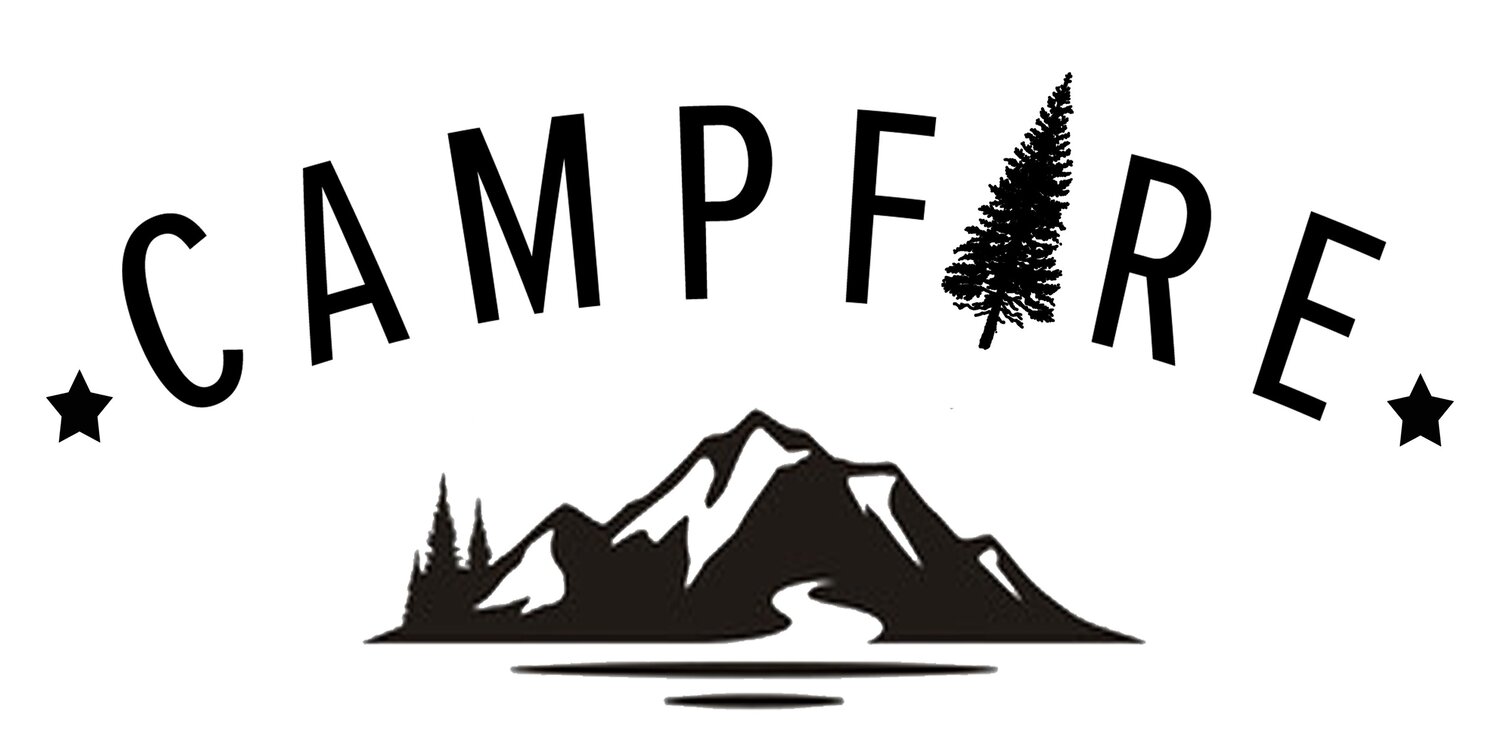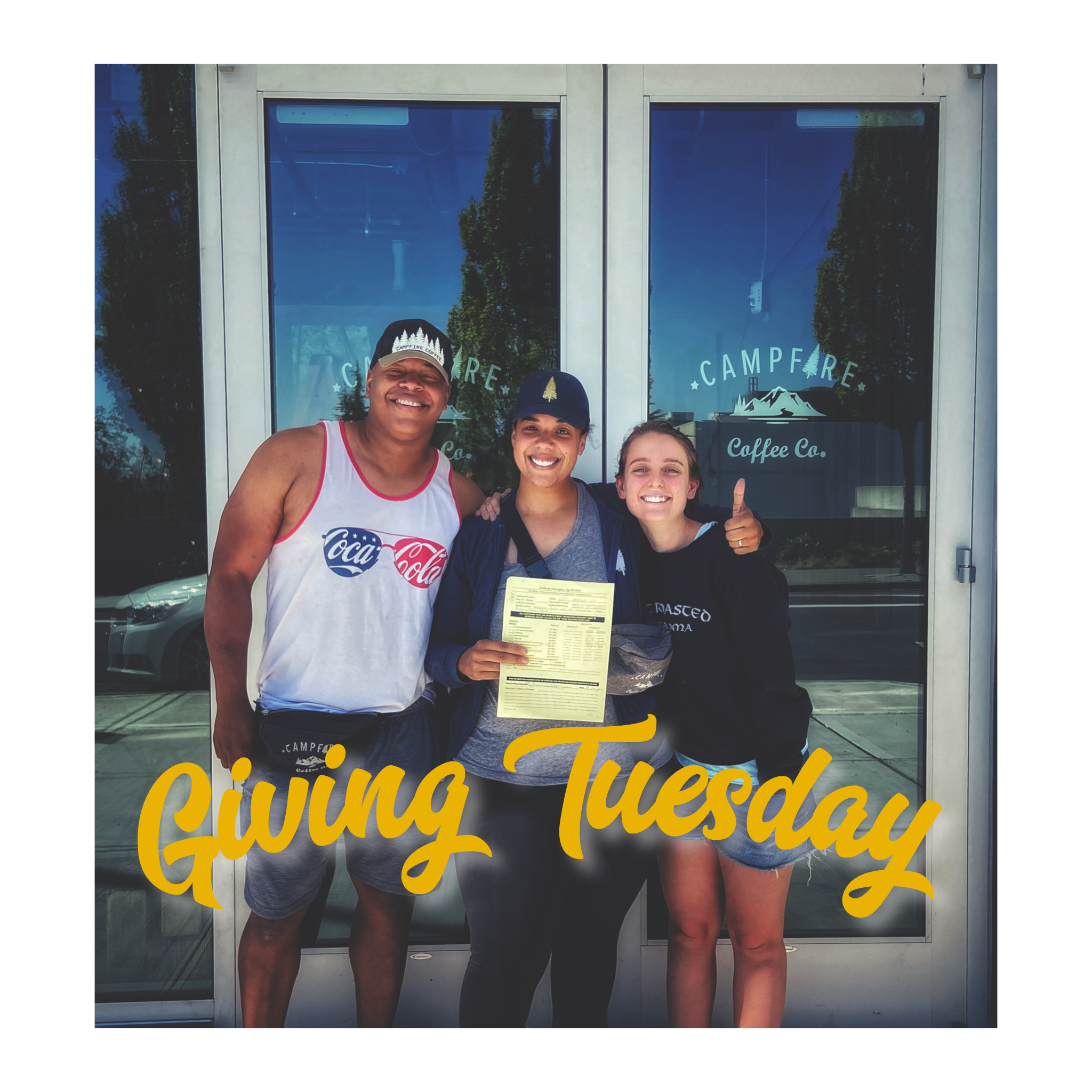Giving Tuesday Getaway Giveaway
You’ve given so much to us in this short time, we’re happy to give back to you.
We’re just a team of 3 people. We run the shop, we source and roast the coffee, we make the swag you see online by hand, we create the designs, print the labels. There’s no way we could keep rolling without you all and it will never be lost on us, the herculean effort this community has shown us . From Tacoma, to Japan, every state in the US to Canada, you lifted us up and MADE Campfire what it is and what it is becoming.
And we thank you.
As a small token of that appreciation and in staying true to our overarching mission of getting more people into the outdoors, we are kicking off giving tuesday with a Getaway Giveaway.
Getaway Cabin - Portland
A winner will win a stay at a Getaway cabin (https://getaway.house/portland) courtesy of all of us (ahem, 3 of us lol) at Campfire coffee.
In order to be considered to win, please fill out the form below.
(No purchase is necessary to enter or to win. Winner will be announced New Year’s Eve (December 31 2020). Prize cannot be redeemed in exchange for cash or other items. Winner will be notified through the email address provided in the form. Winner can gift to a 3rd party but 3rd party must be named in the submission form. We (Campfire Coffee, LLC) will coordinate with the winner on travel details. Prize does not include cost of transportation such as gas, tolls, rental car, bus, train or other fees associated with getting to the Getaway location.)






